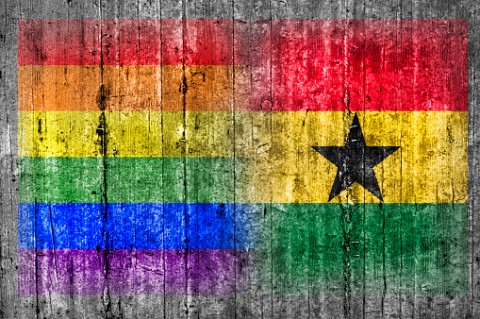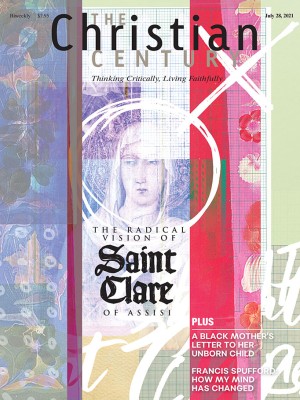After attacks, groups launch support for Ghana’s LGBTQ community

In October 2020, Kofi Mensah was leaving a mall in central Accra, Ghana, when a group of young boys approached him and started making scornful gestures and remarks about the way he spoke and walked.
Mensah said they were profiling him because he is gay. When he asked them to stop, one of the boys shoved him and the other spat at him while people looked on.
“We [LGBTQ people] experience this almost every day, wherever we go,” he told the Century. “They treat us as though we are not humans, deserving of love and care and other privileges and rights citizens should enjoy.”
Mensah’s case is not isolated. Attacks on the LGBTQ community in Ghana are common. Mensah said he did not report the case to the police because they would mock him or get him arrested, because “they are part of the system who often abuses us.”
In February, security forces, in collaboration with locals, raided a community center operated by LGBT+ Rights Ghana, a group championing the freedom of all LGBTQ people in Ghana. The group’s facilities were destroyed, and some members were arrested and are currently facing charges in court.
Read our latest issue or browse back issues.
In Ghana, there is no law that explicitly criminalizes being gay or LGBTQ advocacy, aside from a section of the state’s criminal code, which is a relic of the British colonial rule. This law is rarely enforced, but recently, Ghanaian legal and religious officials have used it as a means to justify the growing attacks against the LGBTQ community.
Meanwhile, LGBTQ people and their allies in Ghana have been organizing to help and support each other in the wake of attacks and growing discrimination.
In May, LGBT+ Rights Ghana launched a crowdfunding campaign to open a new community center. As of June 10, more than $46,000 of the $100,000 goal had been raised by more than 1,000 donors in the country and around the world. The initiative promises to expand services beyond even what the original community center was doing.
“Measures are in development to ultimately support a wider community through microfinancing of entrepreneurial business initiatives and other capacity building auxiliaries,” the group said in a statement posted to its GoFundMe page.
Abdul-wadud Mohammed, LGBT+ Rights Ghana’s communications director, said that right now, Ghana’s LGBTQ community receives support from allies in the community. For instance, sometimes lawyers provide pro bono services.
“But we want [that support] to be more extensive, and that needs some form of support—especially when it comes to funds. And that is why we are seeking help,” Mohammed said, adding that the international community should help them in holding people accountable for the human rights violations against LGBTQ people in Ghana.
“We need to keep the conversation and discussion going, because this is what affects our rights and how we can let the world know,” he said.
Two other groups—One Love Sisters, Ghana, a queer feminist group for Muslim women, and Key Watch Ghana, an NGO focused on reproductive heath and sexual safety for marginalized groups—have also launched emergency support funds for Ghana’s LGBTQ community.
Both organizations, in collaboration with their counterparts in the diaspora, are providing mental health services through weekly virtual sessions on emotional and mental well-being for the community.
Activists say the discrimination and attacks the LGBTQ community faces are enough to cause mental and psychological trauma.
“The events are very unfortunate, especially when they are perpetrated by religious institutions which are supposed to be a protective place for everybody,” said Dumisani Dube, an LGBTQ activist.
“Religious institutions are supposed to be a safe haven for everybody, regardless of their sexual orientation, gender identity, and expression. They are supposed to be seen as human beings and not objects to be abused or attacked just because they are different or live differently,” said Dube.
On May 17, the world celebrated the International Day Against Homophobia, Transphobia, and Biphobia, which Mensah said was important because it highlights the challenges LGBTQ people face—as well as their need for support.
“We are all one, irrespective of our differences in beliefs or sexuality,” he said. “Attacking or discriminating against people because of the way of life they choose to live is not what we should be seeing in this modern world.”






